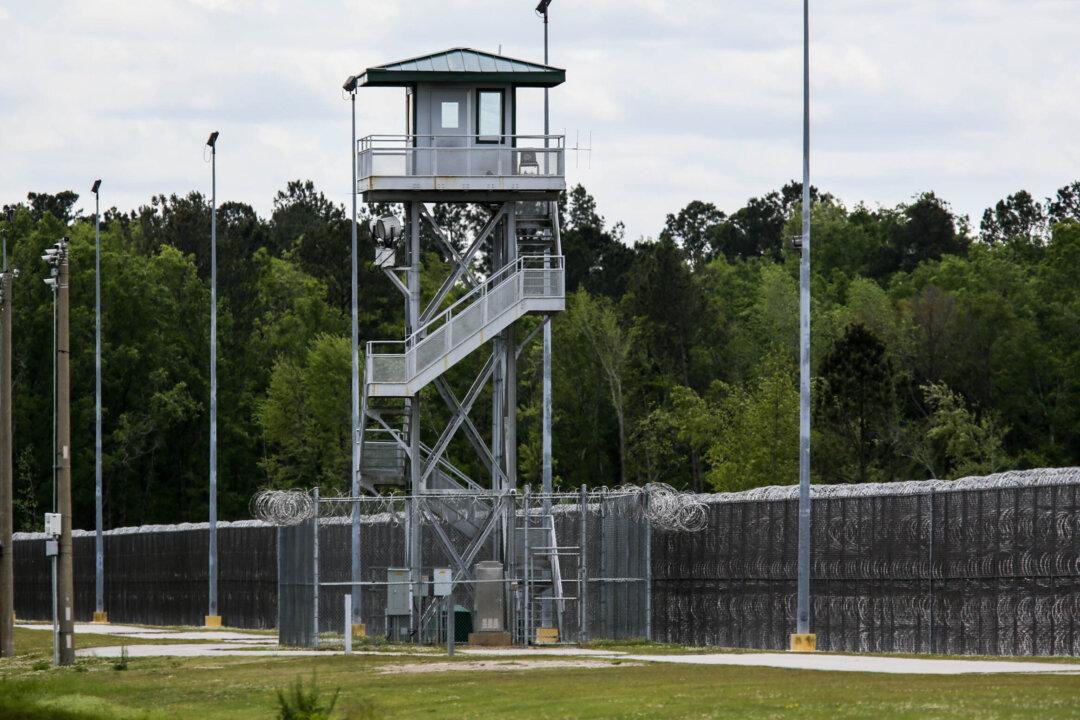The South Carolina House voted on May 5 to add firing squads as an alternative execution method for the state’s death-row inmates, amid a lack of lethal injection drugs.
The bill, approved by a 66–43 vote, will require condemned inmates to choose either being shot or electrocuted if lethal injection drugs aren’t available. The state is one of only nine to still use the electric chair and will become only the fourth to allow firing squads.





